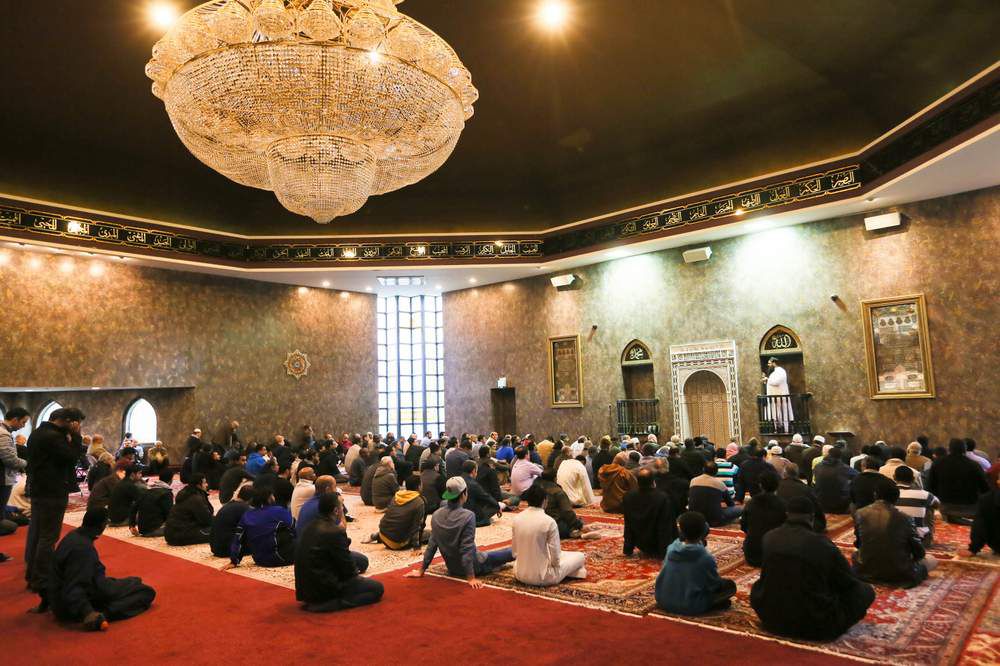At a middle point between being Muslims without Islam and being Muslims in the West but outside the West, there is the reality of Muslims aware of the four dimensions of their identity and ready, while acknowledging the demands it will make, to be involved in their society and to play their part as Muslims and as citizens.
There is no contradiction between these two allegiances as long as Muslims carry out their commitment to be active in conformity with the law and that they are not required to shed any part of their identity. This means that their faith, their perception of life, and their spirituality, which they need in order to learn and understand, to speak and educate, to act for justice and solidarity, should be respected by the country in which they are either residents or citizens.
Neither should there be any legal or administrative discrimination against the freedom of Muslims to organize themselves and to respond adequately and effectively to the demands of their faith and their conscience. These obstacles are met with daily in Western countries both because of the image of Islam that is disseminated by some of the mass media and as a result of the widespread feeling that there is an “Islamic threat,” which is reinforced by news of dramatic events in Algeria, Afghanistan, and in the United States in September 2001.
Many Westerners—politicians and intellectuals, as well as ordinary people—who are used to living in a secularized society tend to believe that the only Muslims they can trust are those who do not practice their religion and reveal nothing of their Muslim identity. Out of fear, or sometimes out of ill intent, they interpret the law of their country tendentiously and discriminatorily and sometimes have no hesitation in justifying their behavior by recourse to the argument that they must resist the “fundamentalists” and “Muslim fanatics.”
Such attitudes are in evidence if we look at numerous rights denied to Muslims (e.g., construction of mosques, general organization of activities, allocation of grants, or simply freedom at a social level), while other religions and institutions, under the same law justly applied, have enjoyed these rights for decades.
It is nonetheless the law that should be the criterion and reference point, and a careful study shows that in most Western countries the constitution allows Muslims to live largely in accordance with their identity in the sense by which we have defined it.
Pages: 1 2 3 4